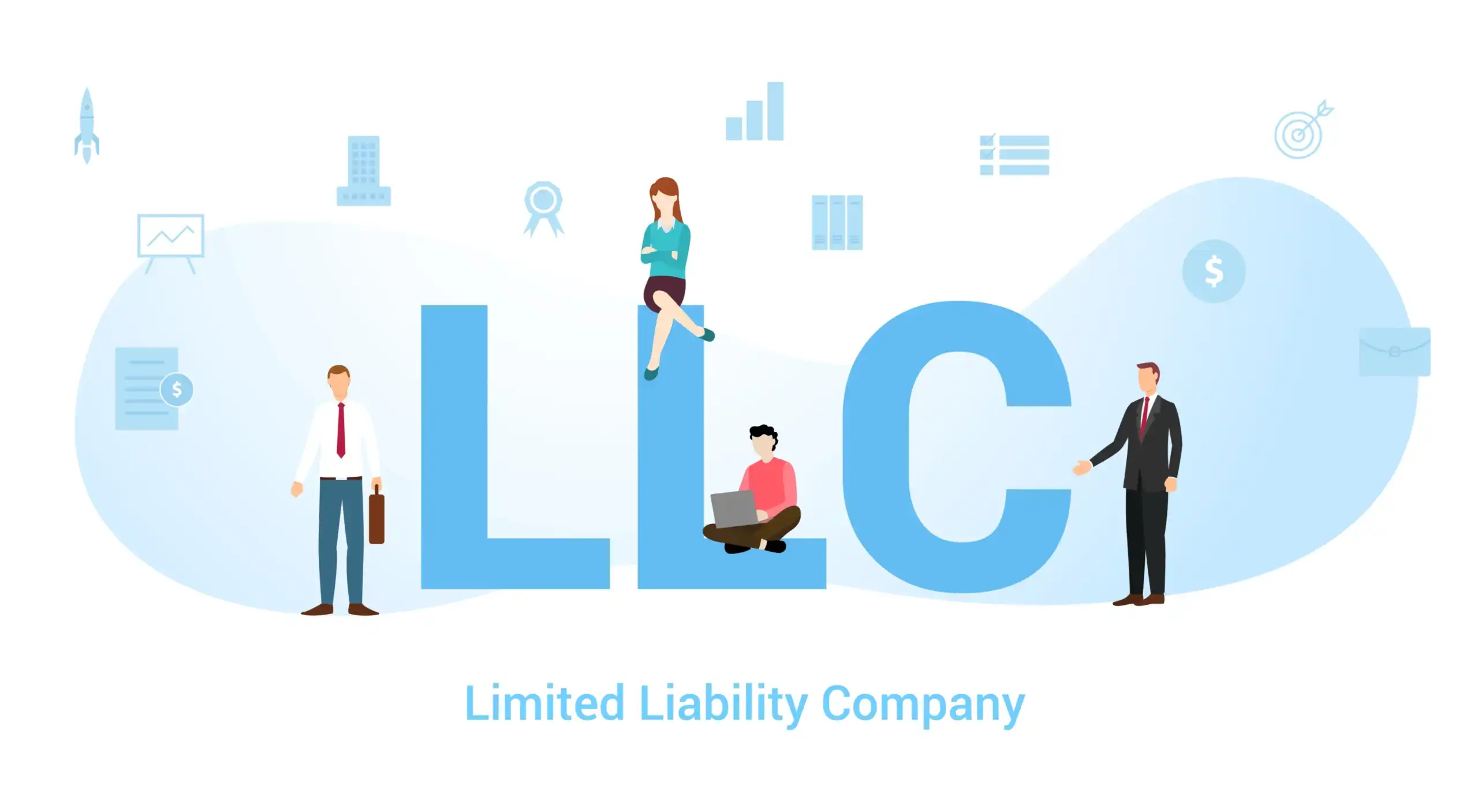It is something that we all dream of leaving behind something, a legacy, that will show our hard work, our values, our achievements. However, creating a legacy is not all about wealth accumulation, but also about how you manage your wealth so that it not only works in your favor, but also in the favor of the generations to come. This article will take you into the depths of how to create a legacy through effective wealth management, and give you the tools and strategies to maintain and increase your wealth into the future.
What is Wealth Management?
Wealth management is not only about financial planning; it is the development of a comprehensive plan on how to manage your assets that should be in line with your long-term objectives. It involves the planning of investments, retirement, tax optimization, planning of estates, and risk management. The goal is to make your wealth work on your behalf, so that it appreciates in a manner that will benefit you, as well as your heirs.
Wealth management is a crucial component in legacy building. You may be a professional at the top of your career, a young entrepreneur, or you may be interested in protecting the future of your family, but it all starts by knowing how to manage the wealth you have today, as well as planning ahead to tomorrow.
Begin by Defining Your Legacy Goals
It is important to lay out what your legacy will be before getting down to the financial part. It is a highly subjective process and it differs according to individuals. Do you wish to:
- Sustain the future generations? Your legacy may include a trust fund or education fund that you set up to benefit your children and grandchildren.
- Pay back to the society? Donations are a great means of making an impact on the world.
- Save the fortune of your family? Most people opt to create an estate plan that will enable the generation to come to enjoy their monetary prosperity.
Knowing what you want to leave behind will inform your wealth management choices and enable you to design a plan that aligns to your vision.
Establishing a Good Financial Base
After setting your goals, the second step is to establish a strong financial base. This implies having a clear image of your financial position. This is how to do it:
Evaluate Your Existing Wealth
Start by taking an inventory of your income, savings, investments and debts. Be aware of your financial position.
Determine Short and Long-Term Goals
Develop achievable financial objectives both in the short-term (setting aside an emergency fund, purchasing a home) and long-term (retirement, estate planning).
Create an Emergency Fund
You have to create an emergency fund prior to creating wealth. This cushions against life shocks, which can make you spend your savings on investments.
Pay Down and Control Debt
One of the fastest methods of getting more money available to build wealth is to reduce and manage debt.
Smart Investing to Increase Your Wealth
Investing is the basis of wealth management. However, it is important to invest smartly. The following are some of the strategies that can be adopted:
Diversify Your Portfolio
Do not keep all your eggs in one basket. The risk can be mitigated by having a diversified portfolio in stocks, bonds, real estate, and even alternative investments such as private equity or commodities.
Think Long-Term
Wealth-building is not a short-term game. Invest in a long-term, disciplined style.
Think of Sustainable Investments
With more individuals becoming aware of the world around them, sustainable investing has been on the rise. In case you care about aligning your investment with your values, you should take a look at ESG (Environmental, Social, and Governance) investments.
Tax Optimization
Wealth management should take into account tax efficiency. The lesser the taxes you pay, the richer you get. The following are ways of minimizing your taxes:
Use Tax-Deferred Accounts
Investing in retirement plans like 401(k)s or IRA plans will save you taxes until retirement and lower your current taxable income.
Invest in Tax-Efficient Investments
Look at investments that do not produce as much taxable income, like municipal bonds or index funds.
Look at Charitable Contributions
Charity donations will not only lower your taxable income but also leave a legacy.
Estate Planning: Transmission of Your Wealth
Estate planning is one of the most significant parts of wealth management. An estate plan that is well-considered will not only help to transfer your wealth in a way that meets your wishes, it will also prevent your heirs having to pay as much estate tax as they might otherwise.
Make a Will
A will dictates how your property is to be distributed after death. It also enables you to specify guardians to your minor children.
Create Trusts
Trusts are very effective in transferring wealth to the high-net-worth individuals. They enable you to dictate how and when your assets are distributed to heirs, and may be able to prevent the probate process.
Appoint Beneficiaries
Check your beneficiary designations on life insurance policies, retirement accounts, and other financial products. Make sure that they are in line with your estate planning objectives.
Healthcare Decisions Plan
Having a healthcare directive as part of your estate plan will make sure that your medical preferences are followed in the event that you become incapacitated and unable to make decisions on your own.
Risk Management: Protecting Your Legacy
Wealth management is not only about growing wealth but also about preserving it. This is how you can secure your wealth and legacy against unforeseen risks:
Insurance
Life insurance, disability insurance and umbrella liability insurance are essential in ensuring that your assets are secured.
Vary Your Income
You may want to have more than one source of income. When a single source fails, you will have other options available to safeguard your wealth.
Review
Your financial circumstances and objectives will change as time goes on. Ensure that you review your wealth management strategy on a regular basis and adjust accordingly.
The Experience of Using a Wealth Management Advisor
You can self-manage your wealth, but the advice of a wealth management expert is priceless. Advisors will guide you in making a wise investment, tax planning, estate planning, and so on. The following is how you can get the right advisor:
Seek Experience
Select an advisor with experience in dealing with the type of wealth that you possess (e.g. retirement planning, business owners, high-net-worth individuals).
Verify Credentials
Your advisor should be certified, i.e. be a Certified Financial Planner (CFP) and have a good reputation in the industry.
Think About Their Approach
Ensure that the approach used by the advisor suits your values and objectives.
Conclusion: Begin to Create Your Legacy Now
Effective wealth management is a long-term dedication that is well worth the benefits of building a legacy. With the help of defining your goals, wise investments, minimizing taxes, estate planning, and wealth protection, you can guarantee that your legacy will remain intact, long after you are gone.
It is always important to remember that the most important step is to begin today. The faster you start applying these strategies, the faster you can strive to leave a legacy that will be worth your values and vision.









